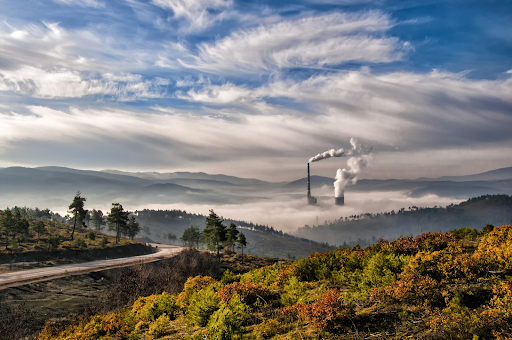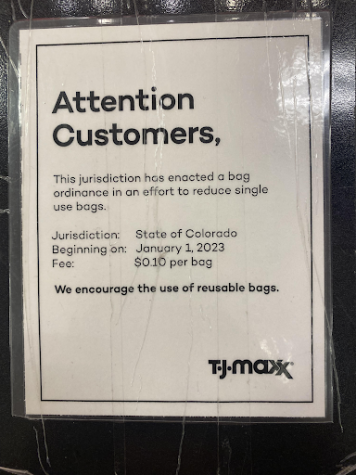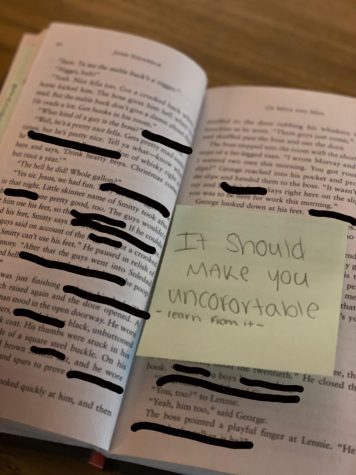The Fight Doesn’t Stop in Fruita
October 12, 2020
Just because we live in a relatively less diverse place, and Fruita is seemingly much more sheltered than much of America regarding the current movement for equality in our country, that doesn’t mean there are still not ways to help, such as becoming educated and understanding the importance of diversity and equality.
Social Studies teacher Lisa Crabtree says that “Even though we live in an area where we don’t see these issues dominating the news, that doesn’t mean these issues don’t exist.”
As an individual everyone has the power to contribute to change no matter where you live.
This issue is not something new. It has been going on for years and luckily with the recent events people have been given the opportunity to really look at the issue of systemic racism in our country and take a stand so we can end the cycle for the future. We need to do more than not be racist; this should be a given human characteristic, but we should use our privilege for good and listen to black voices and help others know the importance that seemingly simple actions have.
Izzy Brophy, a senior at FMHS, claims “Other places have the understanding of what is right or wrong and culturally appropriate. Unfortunately, here it can be harder to understand the cultural impact certain actions really have.” Brophy also says that you should also “speak up and make sure others understand that cultural diversity is not a joke.”
“People here in Fruita seem to constantly joke about the issue or use offensive slurs and say things without realizing the extent of what they are talking about” says FMHS student Isabella Kinnick. When people continue to do seemingly simple things like make offensive jokes or make saying slur okay, that slows down the progress and keeps Fruita stuck in a cycle of inclusivity and the idea that doing these things that are offensive to others is okay.
The first step to become a more inclusive and better community is to start talking about it. “People are afraid of stepping on the wrong toes, but if we talk about if we can move forward and contribute to progress,” says Crabtree “People view it as a political issue, but we should approach it as it is, a human right.”
Take the time to educate yourself through podcasts, other experiences, books or trusted news articles and contribute to the conversation. You can attend local community meetings and rallies. Crabtree says that, “I listen and read about the issues and information I feel that I am missing. It can be hard to make sense of it because we don’t see it as much around us.”
There are also plenty of places to donate and petitions to sign online, contributing to change is now easier than ever with the internet, such as signing petitions online or making donations on certain websites.
The discriminations and the fight for change exist everywhere in America, and if we choose to ignore the fight just because it doesn’t seem to prevent it, change will never happen. It’s as easy as taking the time to educate yourself about different cultures, watch your actions and use your voice for good.
List of places to donate, petitions to sign and good podcasts to listen to:
- NPR Up First Summer of Racial Reckoning podcast
- Change.org has a lot of petitions you can sign for free
- Look up places to donate online.






Adele • Oct 26, 2020 at 4:28 pm
I think it was really good that you mentioned that we should use our privilege to help those who need it. It is a shame that we live in a place that is indeed not diverse, but if we do use our privilege in a positive way and educate ourselves, we can definitely make a change in the right direction